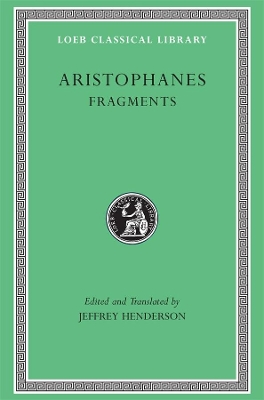


Your analysis or argument should be viable in the academic study of classical literature, that is, it should be open to debate, not obvious, and it should be based on evidence from the text, namely passages from Aristophanes it should not be based on religious or irreligious truth claims (such as: ‘God exists // God does not exist, therefore ….’). Feel free to use a title and a subtitle, separated by a colon. Your title should not only refer to your central question but also at least hint at your answer. These fulsome instructions are meant to reduce any anxiety you may have about the unknown they aren’t meant to overwhelm you. Below are further instructions for every writing component, not all of which will be on the grading rubric, however. Instructions: Please develop your prelim thesis into an analytical paper that is at least 1,000 words. pages file, I will probably not be able to open or grade on the course website). Submission: PDF file uploaded to the submission folder in the Assignments tool (chances are that a Word file may also do just fine, but any other file, such as a. You’ll probably also need to plan where and how to expand your thesis with further supporting reasons, points, evidence, or related questions to explore, in order to reach the minimum required length for the paper, and that may entail a bit of re-reading in your notes and in Aristophanes.įormat: your name, appropriate title, typed, Times New Roman, 12-point font, double spaced, normal (1-inch) margins, no header or footer, minimum length of 1,000 words (direct quotes used sparingly), plus a works-cited page. Preparation: After reading the feedback you got on your Prelim Thesis, carefully weigh that and in response plan to make any necessary adjustments to your thesis as you develop it into your First Analytical Paper.


 0 kommentar(er)
0 kommentar(er)
